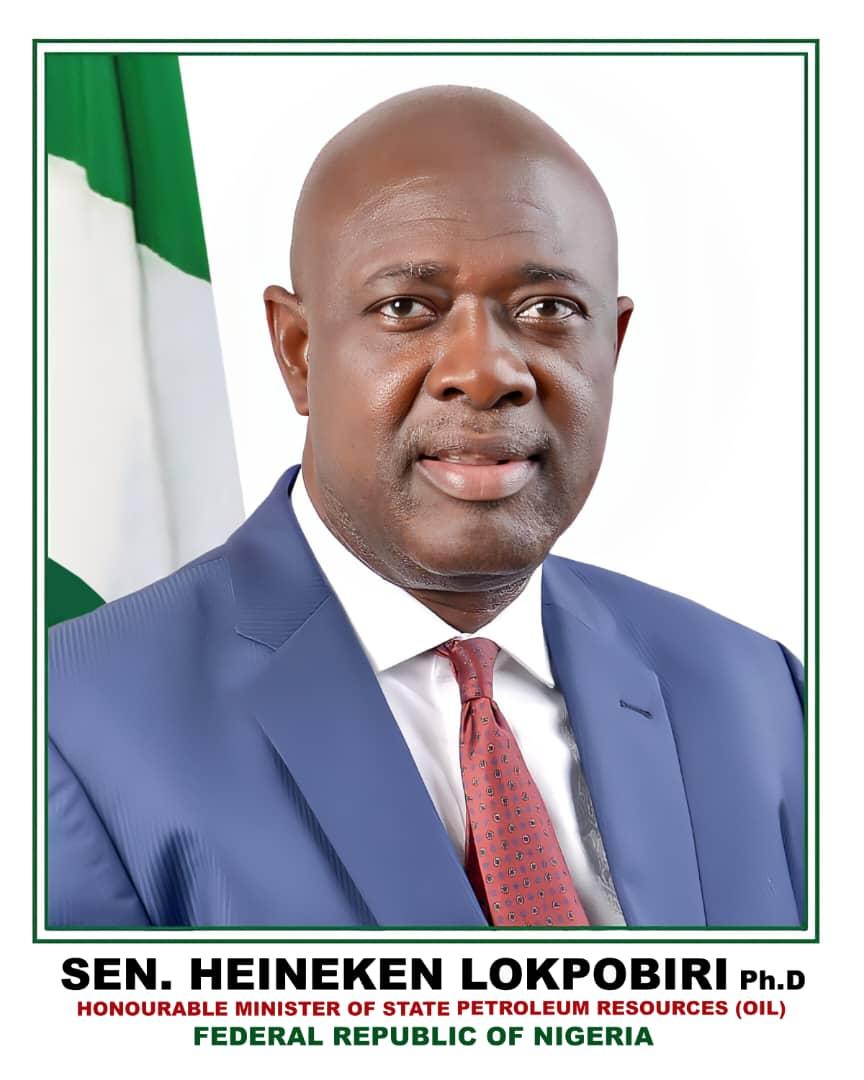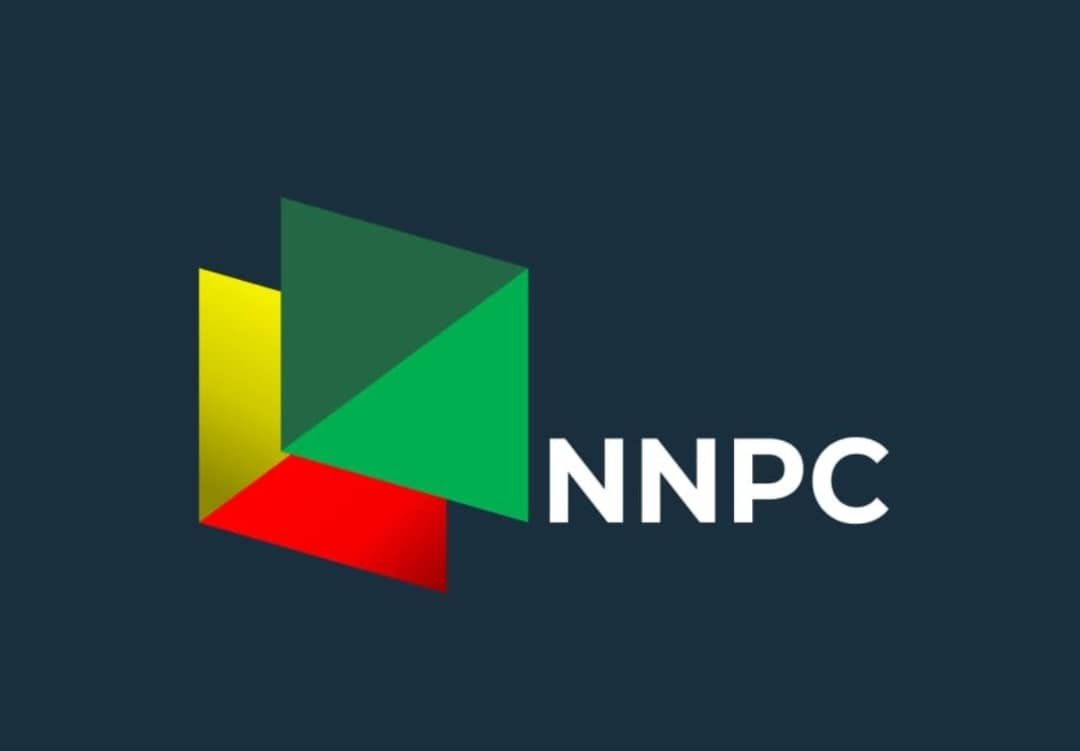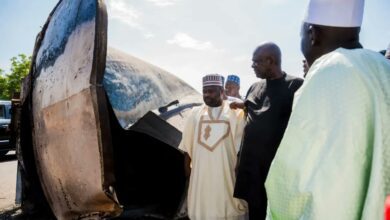FG Attracts Over $5m Investments In Oil, Gas Sector Amidst Divestments -Lokpobiri

Amid the current divestments by the International Oil Companies (IOCs) operating in Nigeria, the Federal Government said, it attracted over $ 5 million (N7.5billion) investments in two months in the oil and gas sector.
The Minister of State, Petroleum Resources (Oil), Senator Heineken Lokpobiri disclosed this in his Opening Remarks at the Sectoral Retreat on the Ministerial Deliverables 2023-2027, organised by the Ministry of Petroleum Resources on Tuesday, March 26, 2024, at the Petroleum Technology Development Fund (PTDF) House in Abuja.
Senator Lokpobiri expressed confidence that with the over $ 5 million investments attracted, the sector was poised to surpass the target (performance indicators) set in line with the Renewed Hope Agenda of President Bola Tibubu’s Administration.
Recall, that President Tinubu recently issued an executive order for the Ministry of Petroleum Resources, with the aim to shorten the procedure for getting approval for contracts to which companies in the petroleum sector and companies controlled by the federal government are parties;
Others include “Raising the contract approval thresholds in Production Sharing Contracts (PSA) or Joint Operating Agreement (JOA) to not less than ten million (USD10,000,000) United States dollars to account for the rate of inflation;
“Raising the duration for third party contracts from three to five years, with the option of renewal for an additional two years; and giving effect to and reinforcing the provisions of the Business Facilitation (Miscellaneous Provisions) Act, 2022 and enhance the ease of doing business within the petroleum sector”.
The Minister disclosed, that efforts were been made in collaboration with Industry stakeholders, to achieve the mandate as contained in the executive order.
Lokpobiri said, the first step towards achieving the target is to ramp up oil production.
“If we ramp up production, we will be able to meet our targets in terms of increase in revenue”, he said.
The Minister said, he has signed a couple of licences for modular refineries without knowing the owners, adding that efforts are ongoing to reposition the sector to ensure fair participation.
The Oil Minister who said, there was a need to align the policies in the sector to meet global standards, added: “one of the key performance indicators of the ministry is to ensure that frameworks are globally competitive”.
Speaking in his Keynote Address, the Minister of State, Petroleum Resources (Gas), Rt. Hon. Ekperikpe Ekpo stated that one of the key elements in the country’s transition to a more sustainable energy future lies in the strategic utilisation of natural gas.
This is even as he said that as the country stands at the crossroads of energy evolution, gas emerges as a vital transition fuel that holds the potential to bridge the gap between traditional fossil fuels and renewable sources of energy.
The Sectoral Retreat on the Ministerial Deliverables seeks to establish a robust performance-tracking mechanism for the Minister of Petroleum Resources and the pertinent agencies under his purview.
With the Theme: Building Synergy for Enhanced Development in the Oil and Gas Sector, the retreat was aimed at repositioning the hydrocarbon Sector for optimal performance, in line with President Bola Tinubu’s Renewed Hope Agenda.
Speaking, the Gas Minister noted, in pursuit of a low-carbon economy, gas often referred to as the “cleanest” fossil fuel—offers a number of noteworthy benefits.
He explained that “its burning emits a great deal less greenhouse gas than that of coal and oil, which makes it a desirable choice for lowering carbon emissions and slowing down global warming”.
Furthermore, he said, “gas-fired power plants are incredibly adaptable and can be quickly ramped up or down to account for variations in the production of renewable energy, offering a dependable backup for intermittent sources like solar and wind power’.
Ekpo stressed the need to
prioritize infrastructure development to support the exploration, production, processing, and distribution of gas.
This, according to him, includes investments in gas pipelines, liquefied natural gas (LNG) facilities, and gas processing plants to ensure efficient transportation and monetization of the nation’s gas resources.
He added that expanding the gas infrastructure network could enhance access to gas markets, stimulate investment in upstream exploration and production activities, and create new opportunities for economic growth and diversification.
According to him, ensuring the widespread penetration of gas nationwide is essential to realizing its full potential as a transition fuel.
“This entails not only increasing domestic gas production but also promoting the adoption of gas as a cleaner alternative for power generation, industrial processes, transportation, and household use.
“Initiatives such as the “Decade of Gas” are instrumental in driving gas utilization across various sectors through targeted interventions, infrastructure development, and policy incentives.”, he said.
The Minister re-emphasised that Nigeria, endowed with over 208Tcf in proven gas reserves, should not be grappling with energy poverty.
Earlier, the Permanent Secretary, Ministry of Petroleum Resources, Amb. Nicholas Agbo emphasised the need for industry collaboration to meet the performance indicators set for the Ministry.
He said, with unity of purpose and commitment to excellence, the Ministry can surpass any obstacle on its way to achieving its Mandate.






